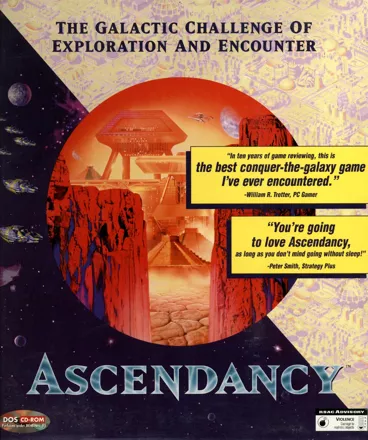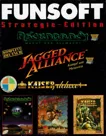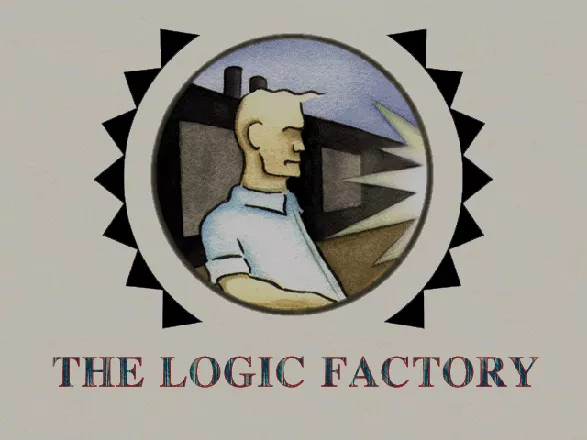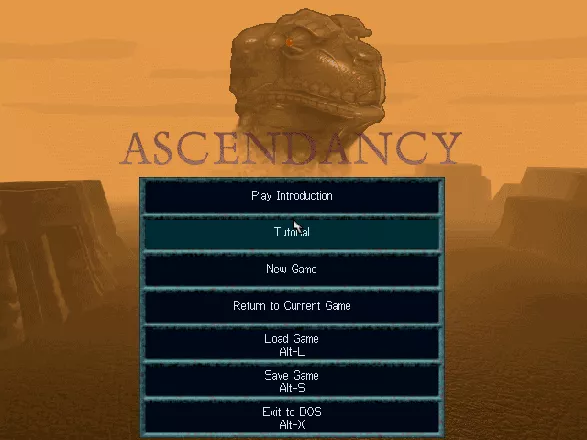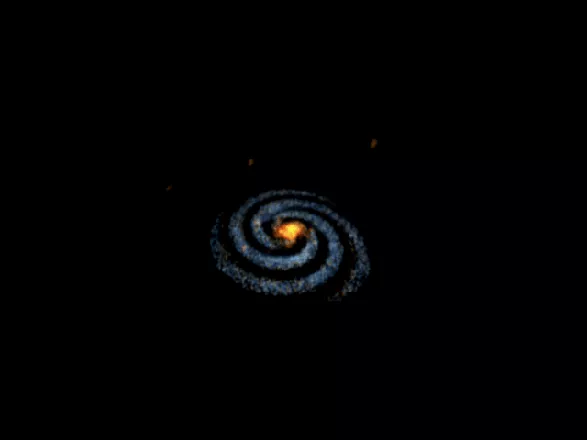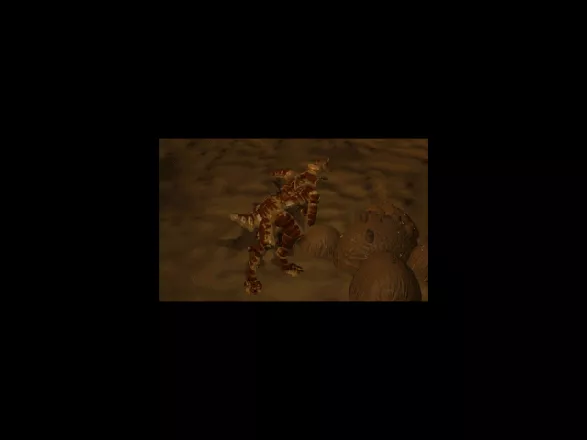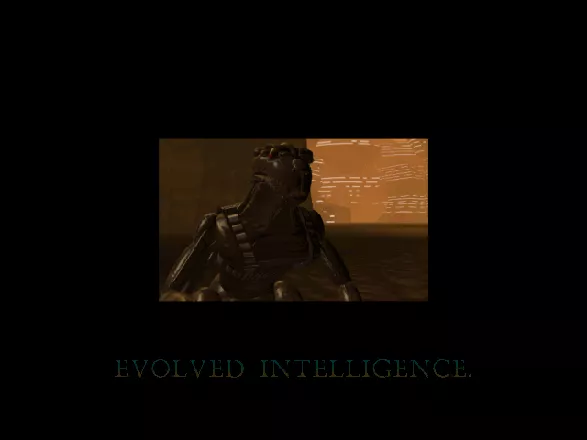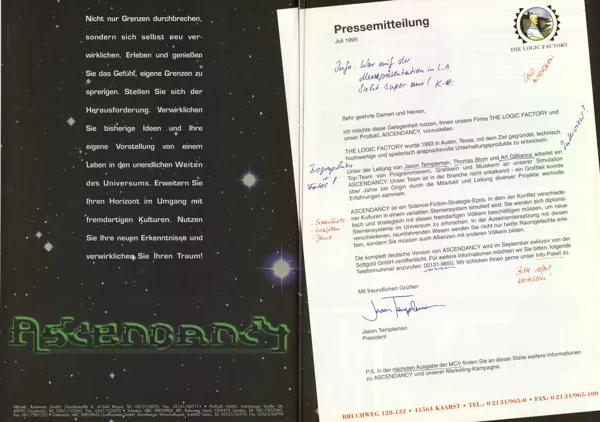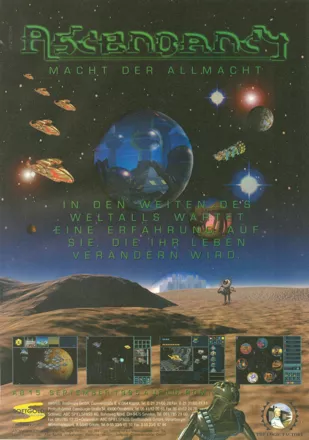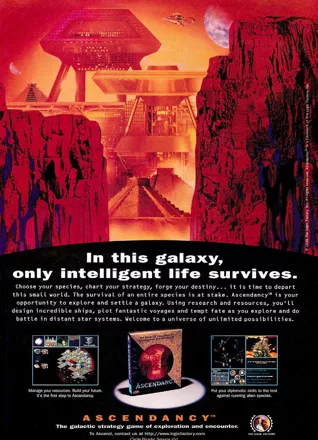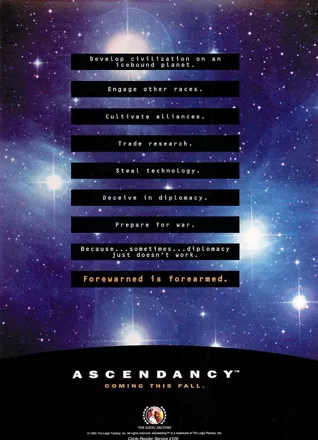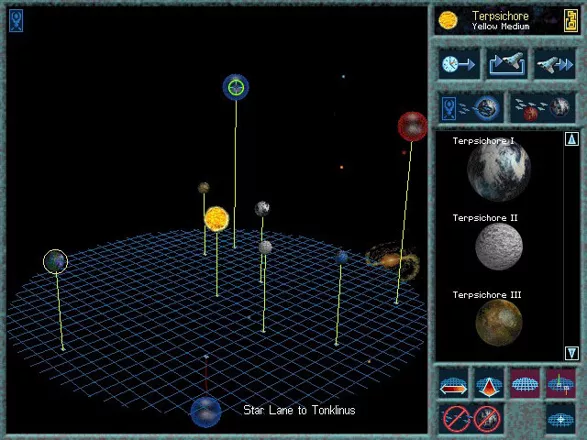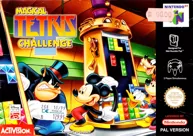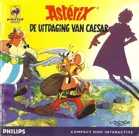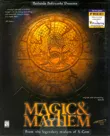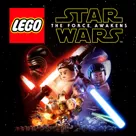Ascendancy
Description official descriptions
Ascendancy is similar to, but nevertheless very different from, Master of Orion. You play one of many races, each with a special ability and special character traits, who set off to explore space, erect colonies (which can each have individual purposes, depending on their raw materials) and engage in battles when you clash with others who have the same goals. Weapons on the ships use power, which has to be supplied somehow.
This game introduces many original concepts, such as the Research Tree - a special scientific display in which discoveries are depicted as icons connected by lines to the "parent" technological breakthroughs and "child" ones, similar to the technology advances in Civilization, but presented in a much more visual way.
Groups +
Screenshots
Promos
Credits (DOS version)
31 People (23 developers, 8 thanks) · View all
| Created by | |
| Made possible through the efforts of | |
| Additional support and content provided by | |
| Packaging and Manual Art Direction and Design by | |
| Packaging Illustration | |
| Manual Digital Enhancement | |
| AIL and VFX libraries by | |
| Special Thanks to the Brøderbund Team | |
| AIL and VFX libraries by |
|
| Design & Artwork Coordinator | |
| Design |
|
| Photography | |
| Package Design Art Direction | |
| [ full credits ] | |
Reviews
Critics
Average score: 78% (based on 15 ratings)
Players
Average score: 3.9 out of 5 (based on 71 ratings with 14 reviews)
The Good
There are lots of space conquest sims on the market, but "Ascendancy" is the most different of the bunch.
It's not much different from most space conquest sims except that this game offers REALLY different races; as opposed to just "this race gets a slight defense bonus, this race gets a slight ground combat bonus," Ascendancy races play very differently and, (the coolest thing about the game), have victory conditions for each race that don't involve conquest. For one race, you win if you can convince everyone to be at peace with everyone else!
The Bad
Planet management is very, very repetitive and boring. It's good stuff but there's just too much repetition.
The game's major drawback, though, is the astoundingly bad AI. Enemies are mind-bogglingly dumb and overly easy to defeat.
The Bottom Line
I know it's bad English, but this is the most unique take on the genre I've ever seen. Worth playing.
DOS · by Rick Jones (96) · 2001
The Good
This game kept me awake for days and nights, until finally I beat it on a very dense quadrant, peaceful galaxy, and playing as the Govorom (efficient planets, it's better to have a few quick shipbuilding planets than a lot of slow ones)
The aliens are creatively made, each one having a different ability: block starlanes, compress time, turn planets into eden, instant research, invulnerability for a day, infinite population, etc. This should give a different playing experience, but it doesn't, most of these qualities are worthless/unnecessary against the very clever AI.
The Tech tree is 3-D, zoomable and rotatable. Each node may have multiple roots and multiple children - technologies are creatively diversified and scientifically believable.
The research through the discoveries made at buried alien sites is rather unbalanced. You may end up having a very powerful weapon/shield/artifact, but a weak power source - rendering it unusable in a given ship (all your ship power may never be enough for that hyperwave nullifier). Some weapons do not require power, and there is no relation between weapon strength, power used and the tech level.
There's a graphical representation of power used/produced when building ships, instead of plain numbers. Each ship is unique in its design, making easier to correct errors. There's no way of telling how a device will precisely work (i.e. range, strength, power used) in the field.
Combat is well-made and AI is competent. Lots of times I saw it making a retreat or blocking the starlane to its systems (even though you can't tell what the effective range of your weapons is.)
The Galaxy looks huge because of the very restrictive starlane system. Often, you'll spend hundreds of days marching through them and finally arrive in a system very near to your home planet (but the AI forgot to place a starlane between the stars).
It's fun to use your special power when it finally arrives (after 150,68 or 83 days)
The Bad
It's very, very, very boring after you set 7-10 colonies to get reports EVERY day about finished constructions. Some have free pop, others don't, to go there and instruct them to build another facility on another coloured area
So, you automate most of the planets and concentrate on 1-2 to grow and become ship-builders, only to see that all the other planets filled up with lots of missile launchers, surface shields and orbital shields, so you have to scrap all obsolete facilities and let the AI to build modern ones. Later you see that the very clever AI again filled them all with obsolete/unnecessary tech on the wrong colour tiles and forgot to expand population.
So, you got a ship,right? Filled with lots of starlane engines to make the painful assault on the enemy located at the END of a very long array of starlanes. But the AI slips some ships through the lines and occupies some of your less-defended, new worlds. So your new ships get scraped because of the loss of star systems.
In order to win, you need only to hold 2/3 of the quadrant OR all alien home systems. In a very dense galaxy this will take thousands of days.
If you have the antagonizer AI and play in a hostile galaxy, aliens will get allied with you. Park some of their ships in your systems, make a force build-up there, roam the galaxy in search for undefended planets and then declare war.
When building ships, the AI NEVER uses shields and has a good preference for obsolete weapons and devices.
The Bottom Line
Good classic space game, has a good feeling compared to Master of Orion (1, 2 or 3) and realistically-made physics, technologies and time scale (if you consider each day equal to one year, actually).
There is lots of micromanagement, the AI behaves strangely and it takes a lot of patience to win.
DOS · by lucian (36) · 2005
Good game killed by braindead AI.
The Good
The scope and the execution were excellent in general -- this was one of the first space games that really depicted depth in space battles. The graphics were good, as was the sound and music. Gameplay was also good, if not totally revolutionary.
The Bad
Totally incompetent AI kills the game. It has no multiplayer, so you're stuck with the AI. The first 500 days or so of the game are exciting, but after that, it becomes far too easy to kill the computer, who just sits there.
The Bottom Line
It was so close, you might just pick it up if you can find it to see the pretty sights. Don't expect to get the longevity you can out of MOO 2, though.
DOS · by Vincent Valentine (23) · 1999
Discussion
| Subject | By | Date |
|---|---|---|
| Colonization | vedder (70767) | Feb 21, 2009 |
Trivia
PC Gamer controversy
A minor scandal surrounded the PC Gamer review of Ascendancy. PC Gamer gave the game high marks, and made it an Editor's Choice game. However, the individual who reviewed the game for PC Gamer also turned out to be the author of the game's Strategy Guide, leading many to wonder if the review had been padded in order to boost sales of the Strategy Guide.
In Computer Gaming World #151 (February 1997), a letter by William Trotter was published in which he shared his view on the matter. Summarized, he needed money to pay off repairs on his house and therefore gladly agreed to write the strategy guide. However, the developers failed to give him any information on the game, not even technology trees, and a one-month deadline. So he had no other choice but to play the game non-stop for two weeks, becoming eventually obsessed with it. So when PC Gamer hired him for the review, he really thought Ascendancy was a great game, and he failed to see the conflict of interest. In hindsight, he agrees with the bad review in Computer Gaming World (see MobyRanks), the strategy guide turned out to be pathetic and he didn't receive any royalties from it at all.
Awards
- CODiE Awards
- 1996 - Best Strategy Software
Information also contributed by Afterburner
Analytics
Upgrade to MobyPro to view research rankings!
Related Sites +
-
Ascendancy
official game page at Logic Factory's website, archived copy from 1997 by the Wayback Machine
Identifiers +
Contribute
Are you familiar with this game? Help document and preserve this entry in video game history! If your contribution is approved, you will earn points and be credited as a contributor.
Contributors to this Entry
Game added by Tomer Gabel.
iPhone, iPad added by Techademus.
Additional contributors: Rebound Boy, formercontrib, Patrick Bregger, MrFlibble.
Game added August 29, 1999. Last modified January 23, 2024.
